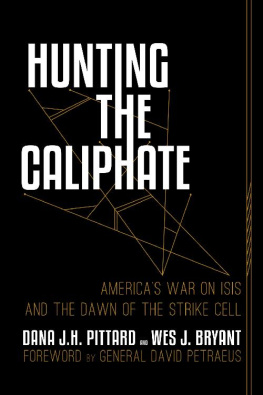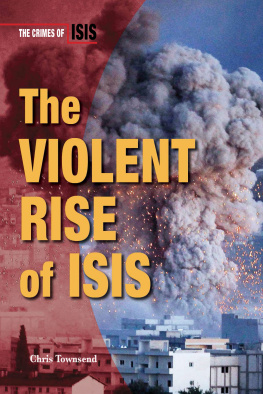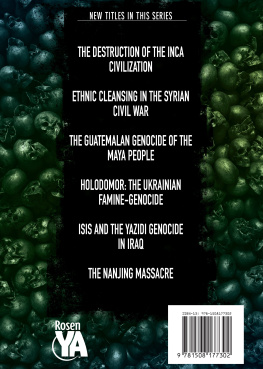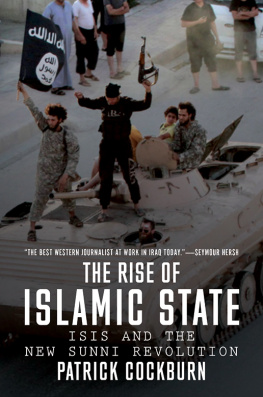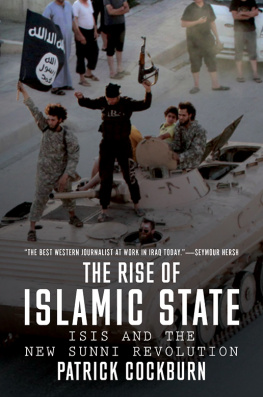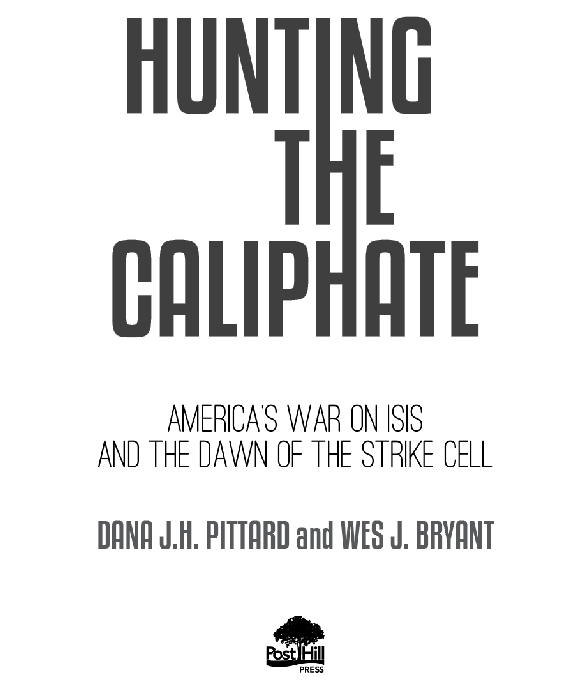
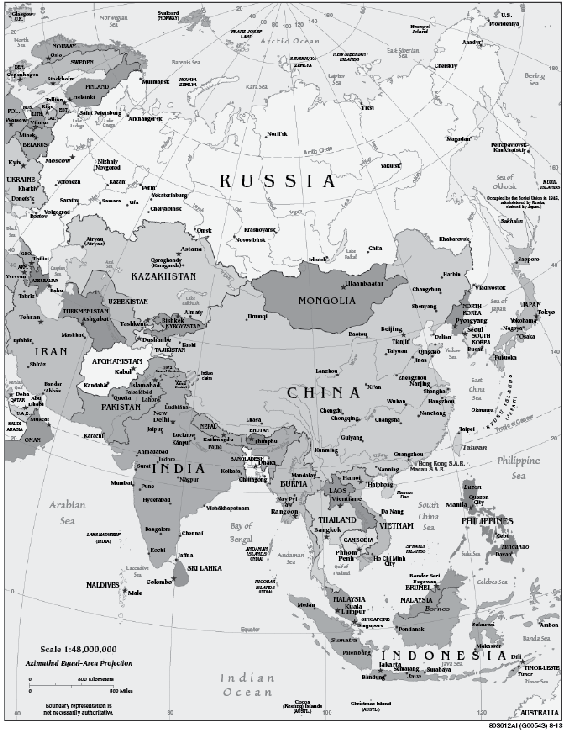
CIA Political Asia
Source: United States Central Intelligence Agency, Asia Political, Washington, D.C. Central Intelligence Agency, https://www.cia.gov/library/publications/resources/the-world-factbook/docs/refmaps.html .
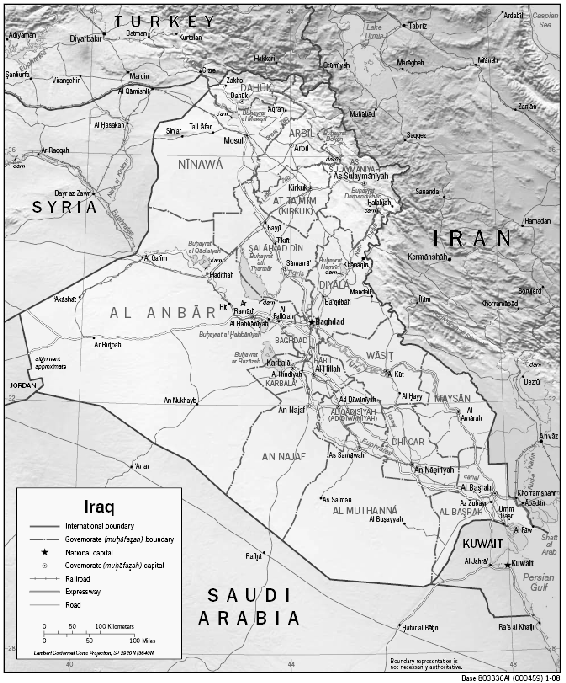
CIA Iraq Physiography 2008
Source: United States Central Intelligence Agency, Iraq Physiography, Washington, D.C. Central Intelligence Agency, 2008, https://www.cia.gov/library/publications/resources/cia-maps-publications/Iraq.html.
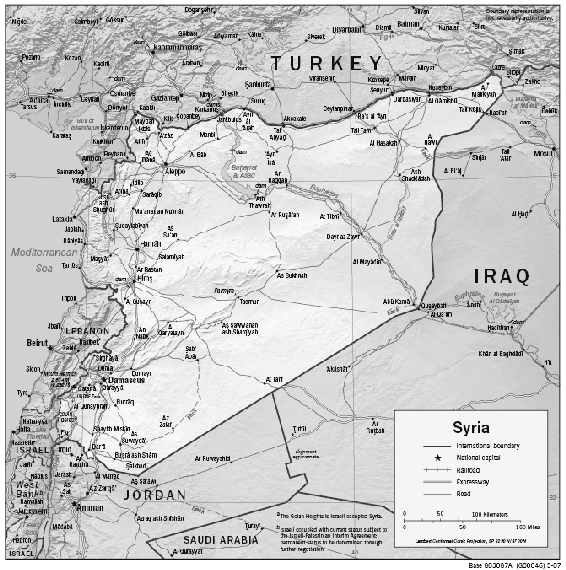
CIA Syria Physiography 2007
Source : United States Central Intelligence Agency, Syria Physiography, Washington, D.C. Central Intelligence Agency, 2007, https://www.cia.gov/library/publications/resources/cia-maps-publications/Syria.html.
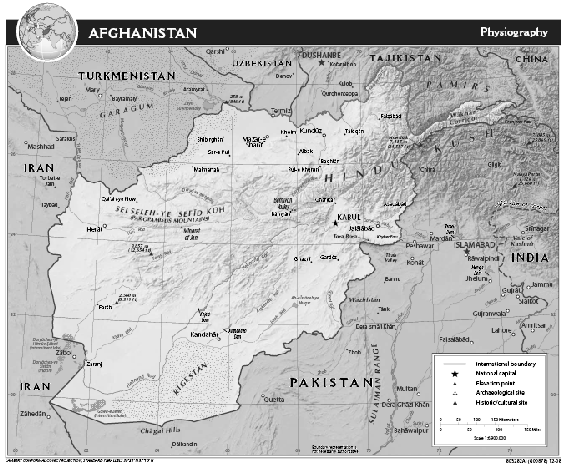
CIA Afghanistan Physiography 2009
Source: United States Central Intelligence Agency, Afghanistan Physiography, Washington, D.C. Central Intelligence Agency, 2009, https://www.cia.gov/library/publications/resources/cia-maps-publications/afghanistan.html .
We do not merely destroy our enemies; we change them.
GEORGE ORWELL , 1984
PROLOGUE
Good Hunting: The Iron Fist of Fallujah
DANA PITTARD
Early October 2014
Abu Ali, a local ISIS commander in Fallujah, was a proud leader and fighter, and with good reasonhed helped ISIS take over the Sunni-dominated city of Fallujah earlier that year. It was a key victory that had positioned ISIS in Fallujah along the ancient Euphrates River just sixty-nine kilometers west of the Iraqi capital of Baghdad.
Abu Alis name was a nom de guerre , meaning Father of Ali, and he ruled eastern Fallujah with an iron fist. He levied harsh taxes, enforced Sharia law, and virtually enslaved Iraqi citizens. Unfortunately for him, such notoriety and status earned him a prime target position for our strike cell, which had the mission of coordinating all airstrikes in central and western Iraq.
ISIS leaders knew the United States took great care to avoid killing civilians and hitting religious structures, so they tried to use our respect for humanity to their advantage. Ali lived in a densely-populated neighborhood, with houses connected and literally on top of each other, hence he was nested amidst hundreds of innocents.
We knew where he lived; his home was one of four houses on a small compound surrounded by a five-foot mud brick wall with a large metal gate. Through the gate was a driveway that led to the side of a three-story house with a flat patio roof. All the houses on the small compound were connected and well protected by stationary and walking guards. We could not hit Abu Ali at his home with an airstrike due to our concern for civilian casualties as well as the potential for collateral damage to the homes of family members in the compound and scores of adjacent houses. Instead, we kept him under constant surveillance, and bided our time.
With a religious mosque on nearly every major street corner and intersection, Fallujah is known as the City of Mosques. ISIS often used the mosques as shelter for their illicit activities, knowing that the religious centers were normally not targeted by airstrikes. Abu Ali felt safe traveling in the middle of Fallujah because of the large civilian population and its high number of mosques. Ali and his fellow ISIS leaders seemed to think the American militarys unwillingness to slaughter civilians and destroy their property was a weaknessyet another reason why ISIS would prevail over the West (they believed). The reality was much different.
Ali and his ISIS fighters traveled with seeming impunity throughout Fallujahs winding streets and alleyways. However, we constantly observed them from the air with our Predator dronestwenty-seven feet long, with a wingspan of forty-eight feet and flying 14,000 feet overhead.
We watchedand waited patiently.
Our Predator drone followed Abu Ali as he took his family to the market, his four bodyguards trailing behind in their vehicle. We watched as he got out of the back seat of his car with his wife along with their elementary-school-aged son and daughter and his bodyguards. They walked into a crowded outside market, with vendors selling their goods from makeshift wooden stalls.
Ali was of medium height and had a long beard. He wore sandals and a flowing dishdashi robes that we often referred to as a man dress. Abu Ali was intermittently on his cell phone while his wifewho was covered in a scarf or abaya shopped and bartered with vendors in the dense market. Their two children ran around, playing with each other and other nearby children. Different men greeted Abu Ali, shaking his hand and giving him a traditional kiss on each cheek, left then right.
We couldnt hit Ali with an airstrike in the crowded marketplace, but we noted the routes he and his two-vehicle convoy took going to and from the market and other locations. A pattern emerged, and we drew up a tentative plan.
A few days later, we lured Abu Ali into a trap. One night we blew up an ISIS checkpoint in eastern Fallujah with an airstrike. Such checkpoints were a key symbol of ISIS power in towns and villages. They used the checkpoints to subdue the population by controlling traffic and exacting tolls and taxes from commercial trucks.
The checkpoints usually consisted of a small wooden shack that looked like a large tollbooth. They normally had black ISIS flags displayed and were manned by three to six ISIS fighters. This particular one was located at a key road intersection less than ten kilometers from Alis house. His turf.
We killed at least three of his ISIS fighters in the airstrike.
Within twenty minutes of the explosion, our Predator drones video feed showed several ISIS vehicles carrying Alis top lieutenants rushing to his home to confer. From their scattered behavior, and the communications we intercepted, it was apparent that they were unsure of the cause of the explosion that had destroyed their checkpoint. We continued to monitor them.
After talking with some of our intelligence personnel, Colonel Tim Kehoethe adept field artillery officer Id chosen to direct our new strike cell at the Baghdad Airportadvised me. Sir, I think we may get a chance to strike Objective Rio tonight.
Objective Rio was our codename for Abu Ali (the actual codename remains classified).
Good, I replied. Id been reading updates from the staff and eating pistachios. Some people drank coffee, chewed gum, or smoked cigarettes to stay alert; I ate Turkish pistachios.
We watched on the main screen in the strike cell as Abu Ali came out of his house to meet his lieutenants. He was wearing sandals and a man dress as he listened to the reports from his men. From our intercepts, we learned that he wanted to see the damage firsthand so he could describe it to his ISIS superiors. We knew his going to the scene of the checkpoint explosion would also be a show of bravado meant to impress his subordinatesan ISIS leadership trait wed happily capitalize on.
Ali had taken the bait.
Next page
